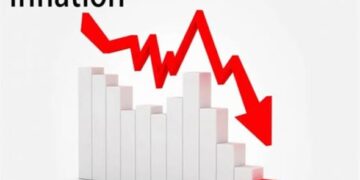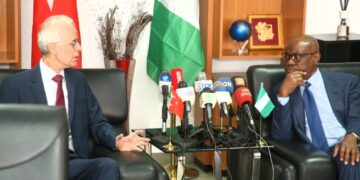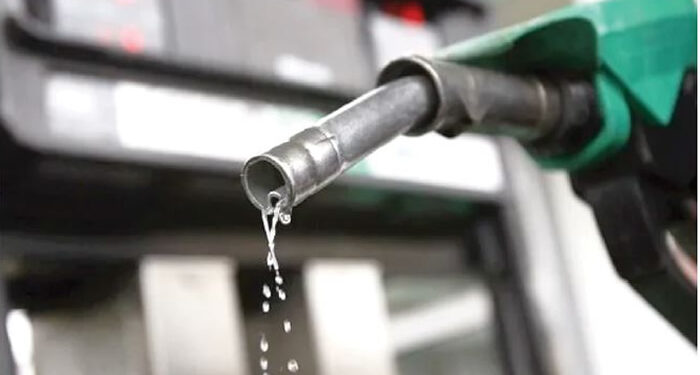The National Bureau of Statistics (NBS) has reported a significant reduction in Nigeria’s petrol imports following the removal of the fuel subsidy in May 2023 by President Bola Tinubu. The total volume of petrol imports dropped to 20.30 billion litres in 2023, down from 23.54 billion litres in 2022, reflecting a 13.77% year-on-year decrease.
A key part of this trend occurred in the second half of 2023, where petrol imports decreased by 3.58 billion litres compared to the first half. This reduction is tied to the subsidy removal, which led to a sharp rise in fuel prices across the country, with some stations selling petrol at over N700 per litre. Monthly imports fluctuated throughout the year, with the lowest in August at 1.09 billion litres.
The data also shows that diesel imports increased by 23.66% to 4.94 billion litres in 2023, while local production of household kerosene and automotive gas oil also saw growth. Despite the drop in petrol imports, the spending on fuel imports decreased only slightly from N7.7 trillion in 2022 to N7.5 trillion in 2023.
The government maintains that subsidy removal is crucial for redirecting resources to essential sectors like healthcare and education. However, the measure has sparked controversy, with critics arguing it disproportionately affects lower-income Nigerians due to the surge in fuel prices and living costs. Additionally, there are concerns that despite the official removal, the Nigerian National Petroleum Company Limited (NNPC) may still be incurring fuel import costs, leading to calls for financial assistance from the federal government.
























